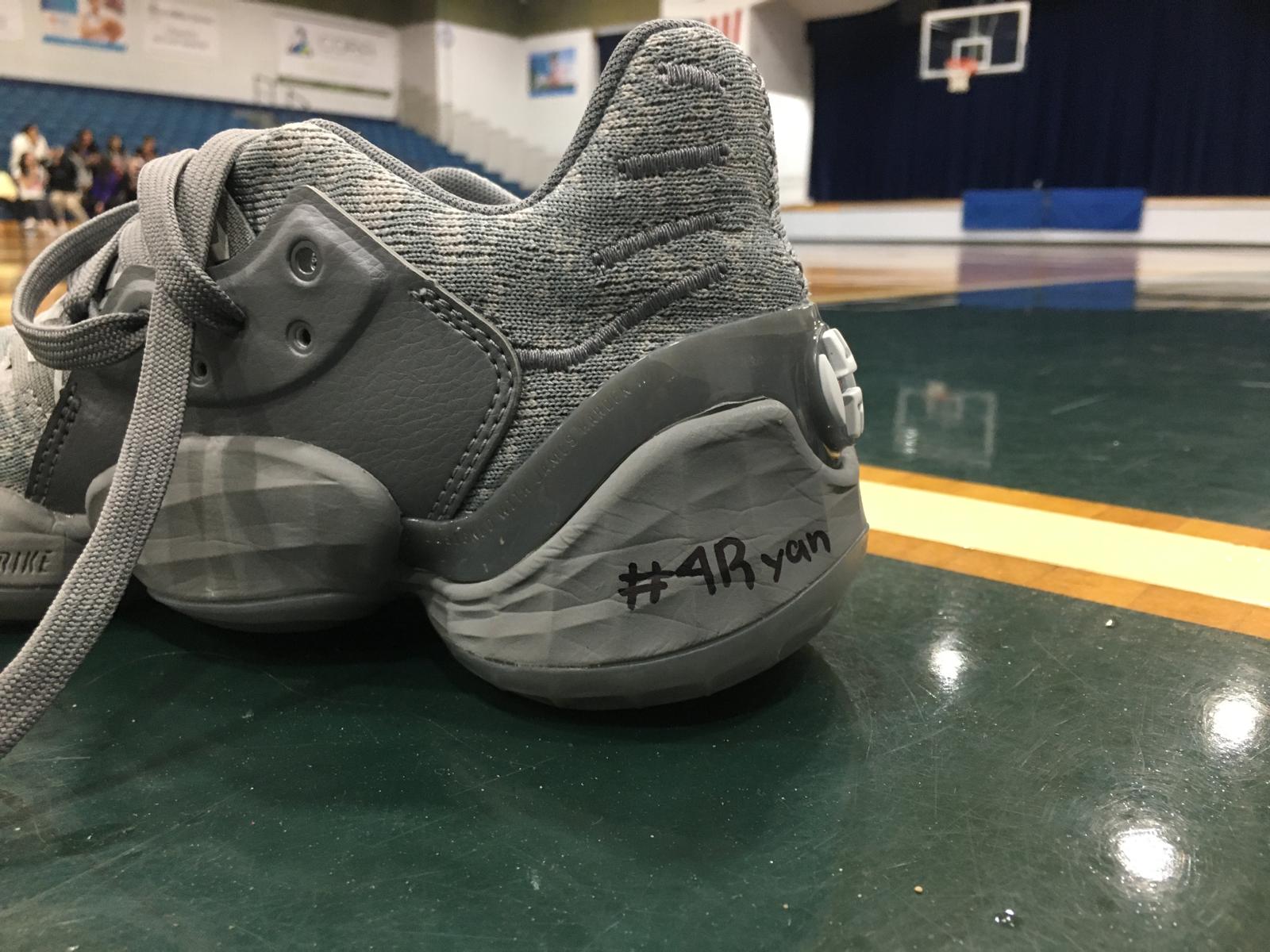Florida Christian girls’ basketball team dedicating season to coach’s son. Here’s why

Florida Christian girls’ basketball team dedicating season to coach’s son. Here’s why
© Copyright Grief To Purpose 2026
Powered by Grief To Purpose

© Copyright Grief To Purpose 2026
Powered by Grief To Purpose